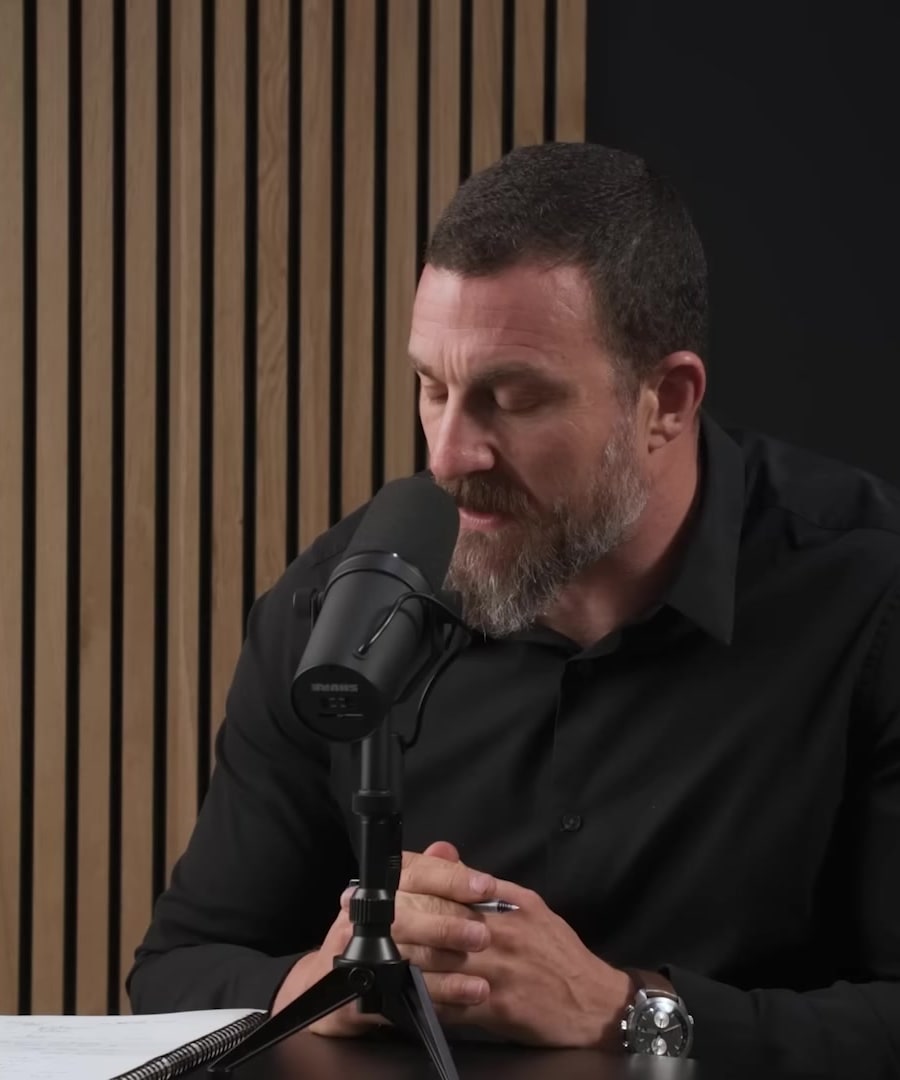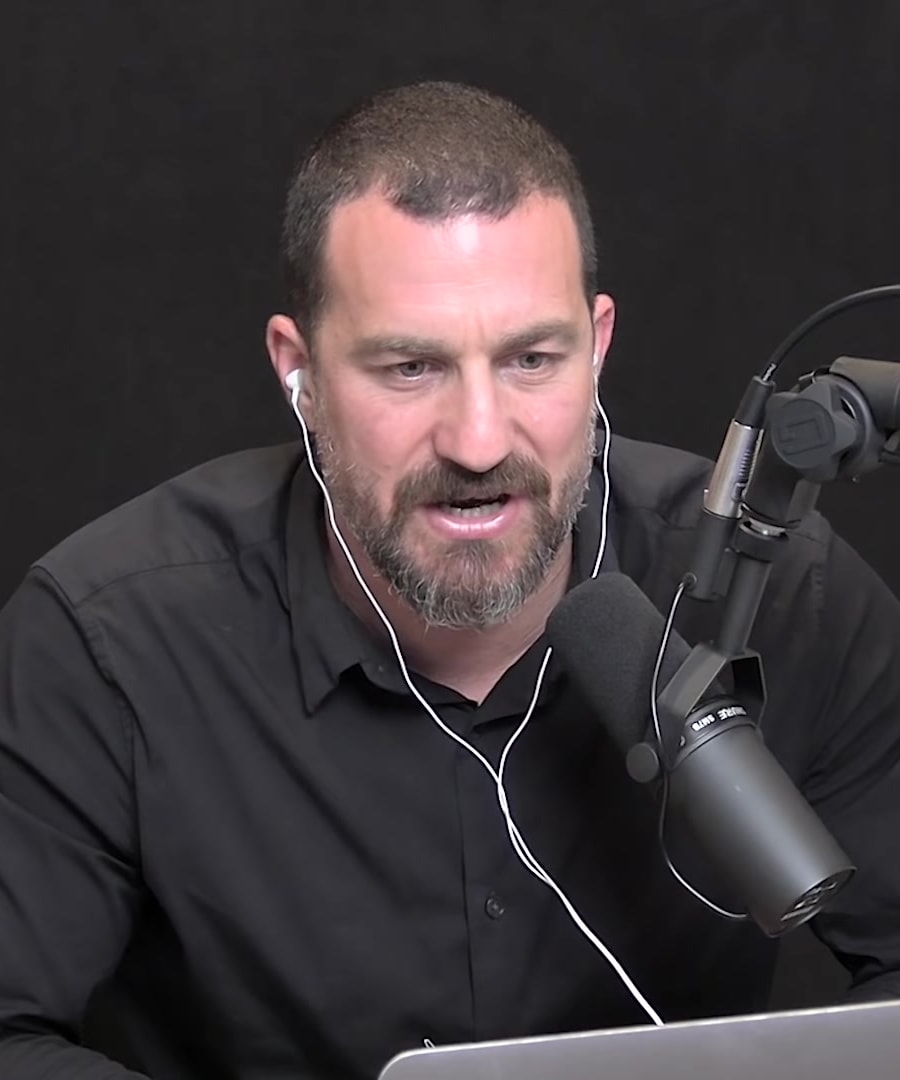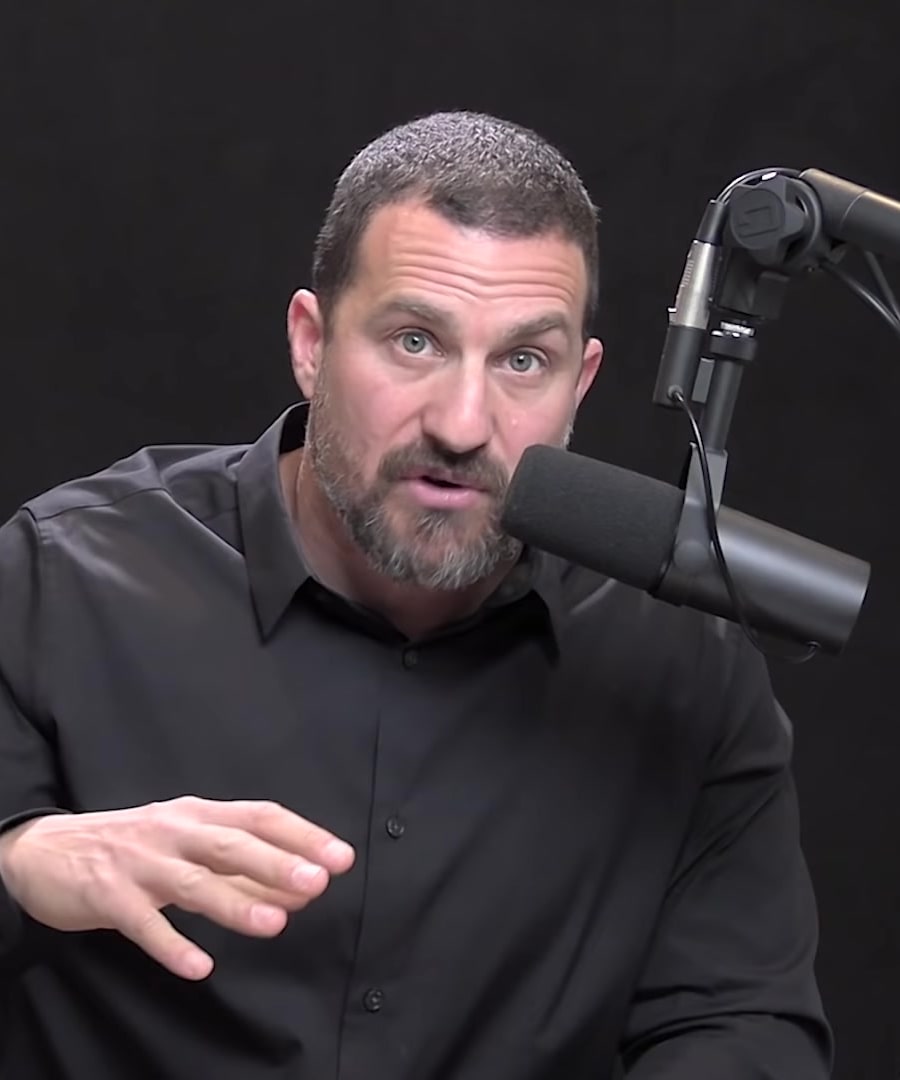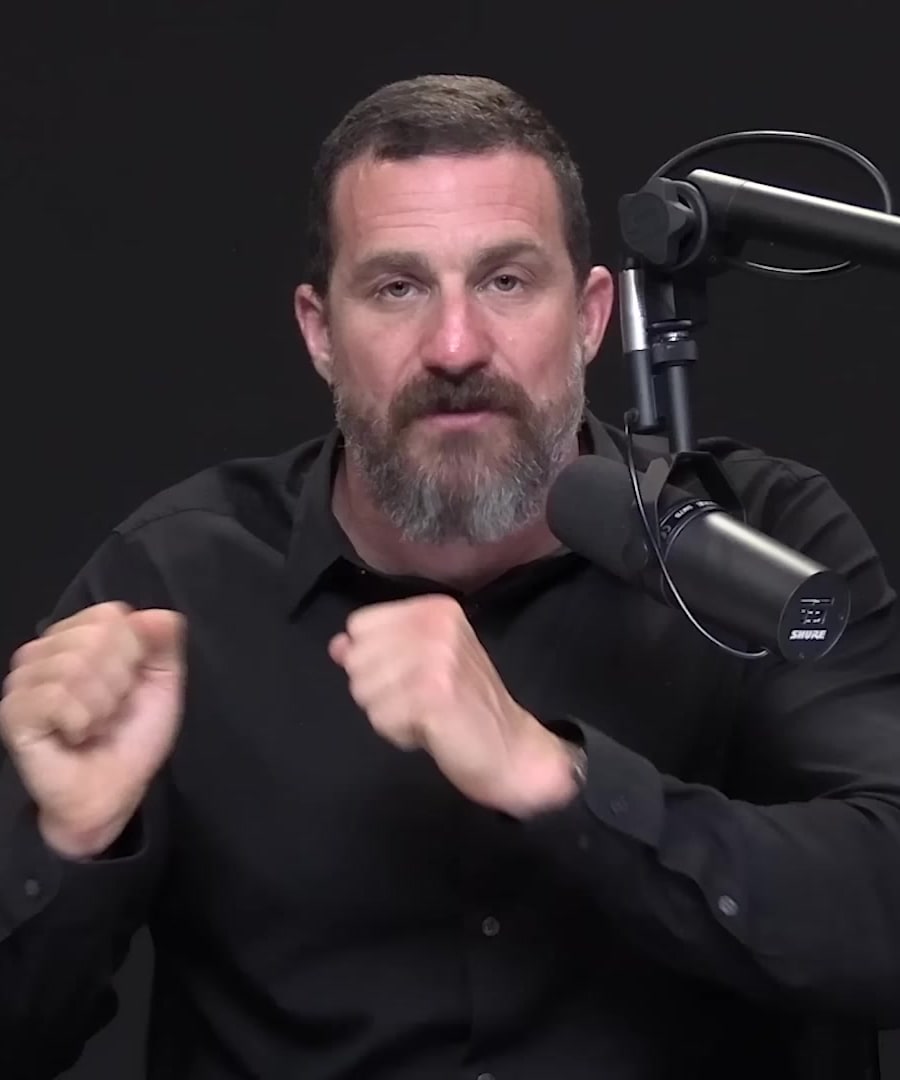What are some techniques to manage stress during situations
Sources:
There are several techniques recommended by the experts on the for managing stress during difficult situations. Here's a summarized list:
-
Top-Down Strategies: Use awareness techniques and cognitive stress shields —statements or beliefs that can help you reframe and manage stress. This can include reminding yourself of past successes or someone you can feel supported by, and understanding that the stress response can be empowering 1 .
-
Body-Based Strategies: Techniques that involve using the body to change the mind, like exercising or practicing breathing techniques. This helps work stress out of the body, which can change brain activity and lead to stress relief 2 .
-
Change The Scene: Creating a calming environment, such as a small physical space that represents a safe zone with positive cues like photos, to help alleviate stress and enhance mood 2 .
-
Breathing Techniques: Breathing serves as a bridge between conscious and unconscious control and can be used deliberately to manage stress 3 .
-
Daily Restoration: Recognize when you're not actively coping and allow yourself to restore. This is crucial for moderate stressful events that take days or months to cope with 3 .
-
Acceptance: For chronic stressors that are uncontrollable, radical acceptance and other coping strategies can help you live well despite the stress 3.
-
Find What Works for You: It's important to find stress mitigation techniques that fit your needs and don't force yourself into techniques that don't resonate with you 4.
These strategies are backed by scientific research and expert opinion, and while they are effective, individual preferences and experiences may vary. It's important to find what feels right and works for you personally.
RELATED QUESTIONS-
Can you explain some deep breathing exercises for stress management?
Sources:
discusses several deep breathing exercises on the that can be effective for stress management:
-
Physiological Sighs: A rapid stress-relief method involving a pattern of breathing with a double inhale through the nose followed by a long exhale through the mouth. Doing one to three physiological sighs can quickly reduce stress levels 1 2.
- Inhale deeply through your nose. - Sneak in a little bit more air with a second inhale. - Exhale completely through the mouth. -
Cyclic Sighing: Performing physiological sighs in a cyclical fashion for five minutes daily can provide significant stress reduction not just during the practice but throughout the day. This pattern helps normalize autonomic nervous system balance 3.
-
Down Regulation Breathing: After a workout or stressful event, emphasizing exhales and slowing overall breathing for three to five minutes can help the body shift into recovery mode, promoting adaptation and progress. This practice may include physiological sighs or simply slowed, deliberate breathing focusing on extended exhales 4.
These exercises leverage the body's natural response to high carbon dioxide levels and its mechanism to promote calmness through controlled breathing. Emphasizing exhales is particularly important as it triggers a parasympathetic response, which slows down the heart rate and helps reduce stress. Remember to consult with a healthcare provider before engaging in new breathing practices, especially if you have health concerns.
RELATED QUESTIONS-
What are some techniques to manage stress during situations
- RELATED QUESTIONS
Can you explain some deep breathing exercises for stress management?
- RELATED QUESTIONS







